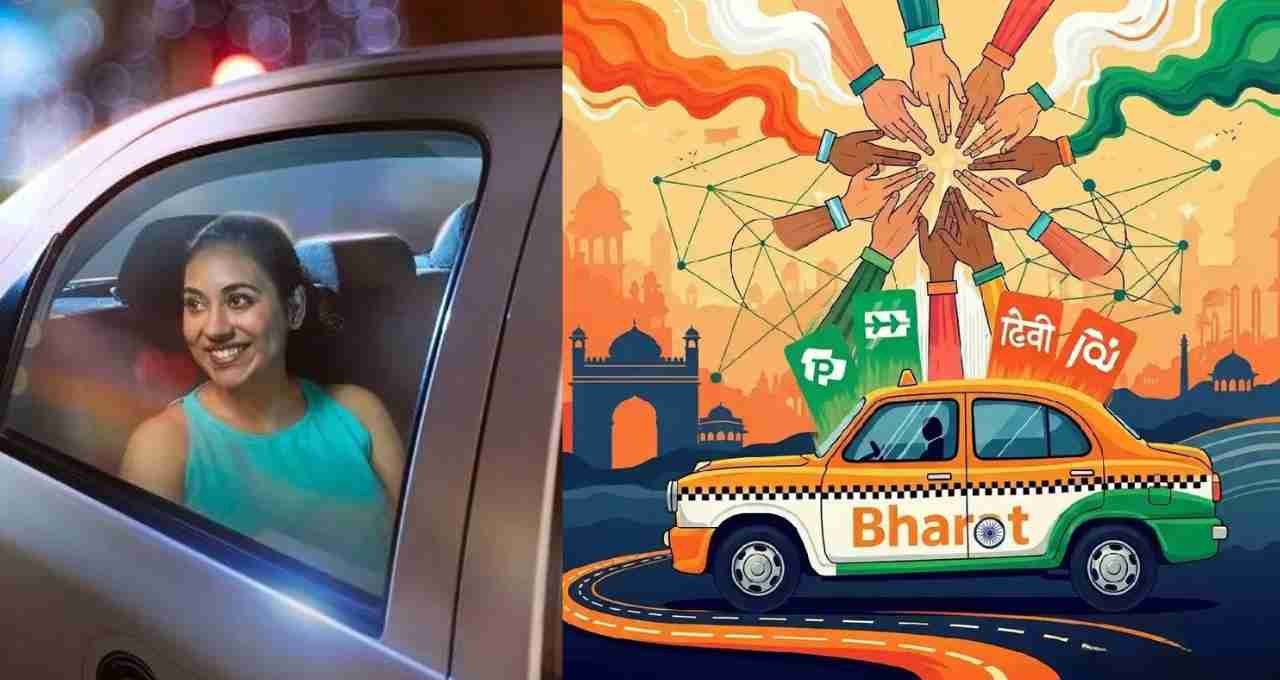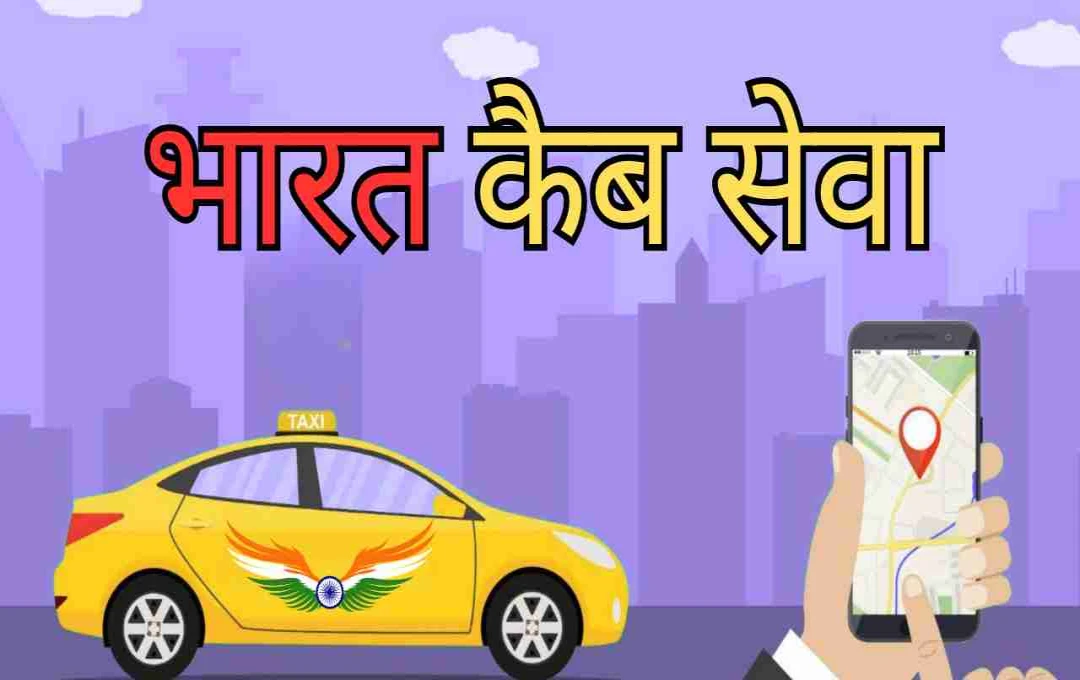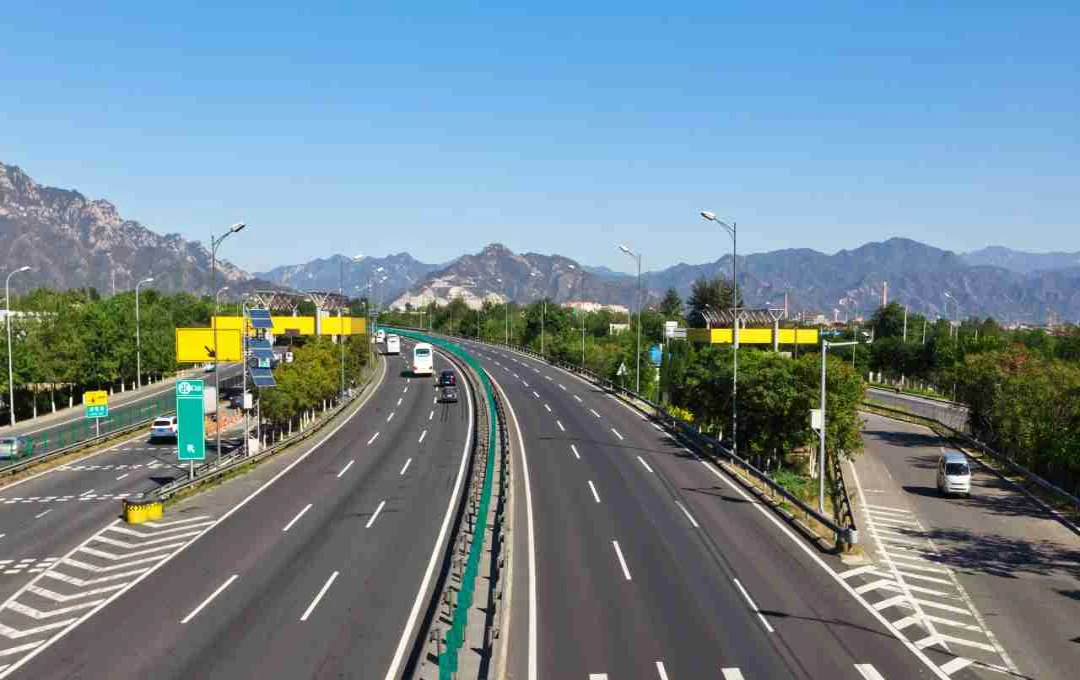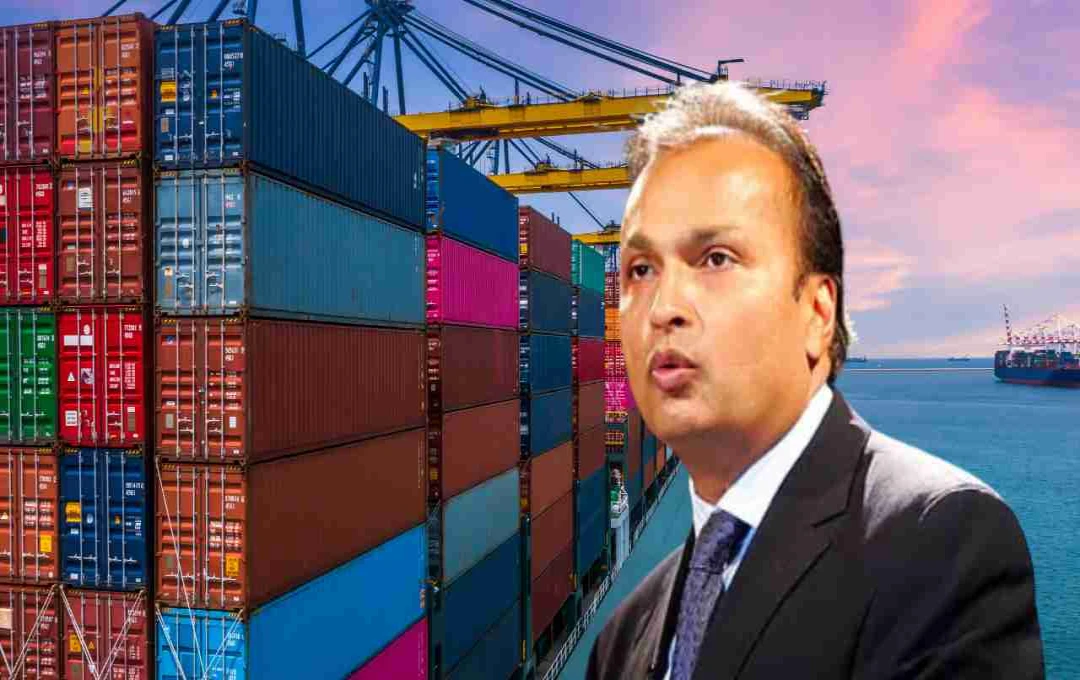The arbitrary cab services of private companies in the country are about to face major competition. For the first time in India, a national-level cab service is being launched by the cooperative sector. This service will be named 'Bharat' Cab and has the full support of 8 major cooperative societies in the country. Under the guidance of the Ministry of Cooperation, Government of India, this scheme is progressing rapidly and is expected to be launched by December 2025.
Which institutions are behind the cab service?
This cab service is not just a commercial experiment, but a major part of the cooperative movement. Key institutions involved in this scheme include the National Cooperative Development Corporation (NCDC), IFFCO, KRIBHCO, NABARD, NDDB, NCEL, GCMMF (Amul brand), and other large cooperative institutions. On June 6, this scheme was registered as Multi-State Cooperative Cab Cooperative Limited. These institutions have collectively raised an authorized capital of approximately ₹300 crore, which will be used to implement this service across the country.
NCDC Deputy Managing Director Rohit Gupta informed that the aim of this service is to provide drivers with better returns compared to private companies and to provide passengers with safe, affordable, and reliable service. A special feature of this scheme is that there is no government stake in it, and it is being run entirely by cooperative institutions.
Initial 200 drivers joined in four states

Currently, about 200 drivers from Delhi, Uttar Pradesh, Gujarat, and Maharashtra have joined this cooperative cab service. 50 drivers have been selected from each state. Preparations are also underway to provide training and technical assistance to these drivers. In addition, a membership campaign is being conducted to connect drivers from other parts of the country as well.
A special mobile app is being developed for the operation of this service, similar to the apps of Ola or Uber. The process of selecting a technology partner for this is ongoing. Rohit Gupta said that the tech partner will be selected in a few days and the app will be ready by December. Through this app, passengers will be able to book cabs, and drivers will also get a digital platform.
Marketing being prepared with the help of IIM Bangalore
A b marketing plan is needed for this new cooperative cab service, so that information about it can be conveyed to the people in the right way. For this, IIM Bangalore and a tech consultant have been brought together. Both institutions are jointly preparing a plan for publicity and branding. This service will run on the same model across the country and will have its reach in every state.
What will be the fare and model?
The 'Bharat' Cab service will operate on a cooperative pricing model, meaning its fares will be determined according to the budget of the common people. While other companies often increase fares according to demand, this will not happen in this service. Cooperative institutions will monitor that passengers always get a fixed and affordable fare, and drivers also get adequate profit.
Drivers will be the owners of the service

Another important thing about this scheme is that the drivers will not only be employees, but also members and owners of the service. They will get a share in the profits and will also be given participation in all decisions. This will strengthen their economic condition and they will become more self-reliant.
Operation will be without government participation
The entire operation of this service will be done by partner cooperative societies. There will be no government stake in it, nor will there be any private investor. The entire capital will be given by the cooperative institutions and their members themselves. This will ensure that this scheme remains completely transparent and in the interest of the public.
New challenge in the rapidly growing cab market
The 'ride-hailing' or online cab service market is growing rapidly in India, in which companies like Ola and Uber have dominated so far. But with the arrival of 'Bharat' Cab service, a new challenge will arise in this market. This service will not only give better options to the common people, but will also give more benefit to the drivers compared to private companies.














